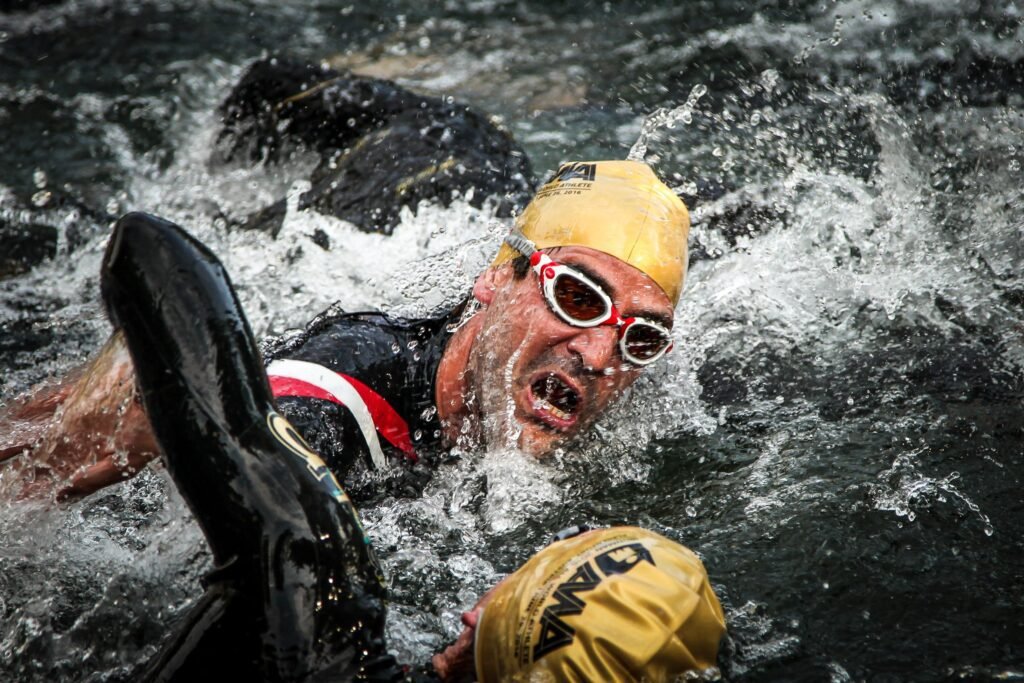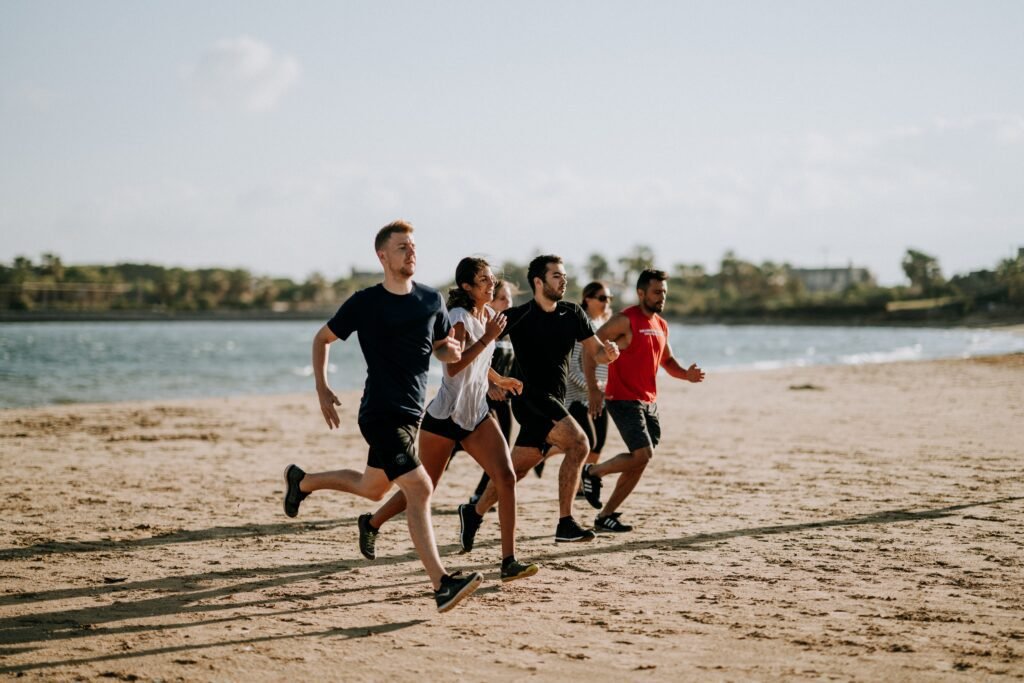
It takes a good understanding of your current fitness and skill level, good time management and organisation, coupled with some awareness of different training techniques and styles in order to complete an effective triathlon training plan, so be realistic about your abilities and ambitions before you start.
If you are going for a full Ironman getting a coach is a good investment, and for the more committed athletes at all distances, you really need to consider joining your local club, as this will give you access to facilities, coaches and support that will help you improve much faster and more cost-effectively than on your own.
If you are going it alone, however, there are a huge range of free and paid triathlon training plans available online that can be highly recommended, but you need to know how to decide on the right one. Do you know the difference between TSS and CSS? What’s an easy vs steady run pace?
This site will take you through some of the key steps in the training programme from pre-training to taper, what makes up a good training programme for the three disciplines, what does all the jargon mean and where can I get hold of good plans?
Understanding your pace is essential both in triathlon training plans and racing. Going too fast during a run will lead to injury, which will ruin your plan and could mean you can’t race at all. Pacing on race day is essential especially for long races as the rate of energy usage is disproportionately higher at faster speeds, which can leave you empty well before the end of the race.
Recovery is essential. Triathlon training plans work on the basis that you perform an activity that stresses your body in some way, then during recovery, your body adapts to the stress. Without recovery you are not allowing your body to achieve this adaptation, so you won’t get fitter, only more fatigued.
Most of the triathlon training plans assume that you have a minimum level of fitness and skill in each discipline before you start, so if you have no current experience in one or more of the disciplines, click here for preliminary training options.
Triathlon training plan time commitment
Triathlon training time commitment is not to be taken lightly. A general rule of thumb is that you need to do at least two sessions per event per week to be ready for a triathlon, so you need to take this into account when choosing your event. Thankfully, depending on the length of the race, many of these sessions can be short and can be built into your day to day routine, with many people incorporating their daily commute into their training regime.

Four things to consider when assessing triathlon training time commitment
What is my current level of fitness?
If you are already an experienced runner, cyclist or swimmer, chances are you have a strong aerobic baseline hence your main focus is going to be to build specific competencies and muscle groups relevant to the other sports. However, if this is your first race, and you don’t have a strong aerobic base, you might want to consider a beginners training program like the couch to 5k or Swim-a-mile programmes which will help you develop both the endurance and specific skills required for these events.
How much time do I have until the race
The standard rule of thumb is that your training load shouldn’t increase by more than 10% each week if you want to avoid injury or illness if you are running 5k consistently, then, accounting for a taper you probably need 10-11 weeks to build up to an Olympic distance race. And probably more if you factor in rest weeks for optimum preparation.
How much time can I give?
Most training place call for 2-3 sessions per week per event and the length of a session will obviously be affected by the distance of each leg. Can you afford to commit an hour of exercise per session 6 times a week with your current lifestyle? If not, the events above sprint may be difficult. However, the sorting distance would be ideal as most sessions are 30 mins or less.
Am I a sprinter or an endurance runner?
This tends to impact the short races but is worth mentioning. Triathlons are a group of events run sequentially, and, whilst the other events impact on your pace it’s only a matter of small differences, so if you run a 30min 5k, chances are your time in the triathlon run isn’t going to be that much different. so, if you prefer slower, endurance events, you might prefer the longer distances.
